Barinova I.I., Deputy Director
Model of the Enhanced Structure of the Methodical Service of the Educational Institution
The Methodical Council ensures the development of the concept of growth, coordination, and alignment of actions for the implementation of programs and projects.
The Methodical Department remains, as before, the leading structure, organizing variable and flexible methodical support for educators on issues of quality teaching and the implementation of educational programs. With the allocation of sectors for preschool, general, and additional education, the leading approaches will be cross-subject and project-based approaches to organizing activities.
Project teams are temporary structures created to develop innovative projects, the implementation of which in the educational process will ensure a high level of competitiveness for the educational institution.
Experimental laboratories will be a structure testing various methods for resolving issues in the methodical service. Network projects for testing remote forms of learning and extracurricular activities, testing the system for monitoring class teacher activities, and the creation of network professional communities are examples of activities carried out by specific laboratories.
Consulting Center
-
Subject-methodical service
-
Monitoring service
-
Marketing service
-
Information service
-
Expert service (scientific-methodical audit)
-
Library-methodical service
The methodical work of the school in the context of the introduction of new educational standards is structured in accordance with the principles:
-
Principle of the "Zone of Proximal Development"
-
Principle of combining individual and group forms of methodical work
-
Principle of stimulating the creative growth of educators
The Principle of the "Zone of Proximal Development" (justified by L.S. Vygotsky for the education of children) refers to the zone in which an educator, with the help of colleagues, scientists, and studied literature, can resolve problems in their professional activity. This "zone of proximal professional development" is unique to each educator.
The implementation of this principle involves:
-
Studying professional difficulties, identifying problems in the educator's activity during the implementation of the Federal State Educational Standards (FSES);
-
Actualizing the necessary knowledge and skills for professional growth (providing assistance to the educator in understanding their professional difficulties and problems);
-
Defining individual tasks for improving pedagogical qualifications;
-
Developing a professional growth program for the educator;
-
Systematic evaluation of the tasks' resolution and program implementation, making adjustments.
Project product:
Individual professional growth program for each teacher
The Principle of combining individual and group forms of methodical work suggests that each educator can collaborate with others or join specially organized groups.
The implementation of this principle involves:
-
Studying the professional problems, interests, and needs of educators, classifying them, and identifying the most common, typical requests;
-
Identifying relevant topics and corresponding group forms of methodical work;
-
Providing each educator the opportunity to choose their own methods and forms for professional development, voluntarily participating in seminars, courses, and other forms of methodical work;
-
Allowing the educator to suggest individual forms for further qualification.
The Principle of continuity and succession ensures continuous professional growth of educators, as well as taking into account their real level of readiness for implementing FSES.
This principle means:
-
Ensuring the integrity and systematic approach to methodical activity within the educational institution;
-
Coordination and alignment of the actions of all stakeholders in the implementation of FSES;
-
Preserving effective previously used forms of methodical work while introducing new ones;
-
Taking into account the educator's experience, preparedness, and identifying perspectives for their professional growth;
-
Choosing forms and methods of methodical work that ensure the development of creative abilities and provide greater independence and responsibility for the educator.
Project product:
Methodical work plan aimed at specific groups of educators;
“Projectorium” program,
Model of methodical work in the school.
The Principle of stimulating creative growth of educators through a developed system of moral and material incentives requires creating conditions to motivate professional self-improvement. Among the motivating factors are the following: the desire for success, overcoming professional difficulties, improving material well-being, professional recognition, career motives, and others.
-
Systematically tracking the results of activities, objectively assessing the professional growth of educators and pedagogical teams;
-
Assisting educators and teaching teams in identifying areas where success can be achieved, where their strengths can be showcased, and where they can serve as examples of problem-solving for colleagues;
-
Defining a system of means that encourages creativity and exploration, considering the characteristics and capabilities of educators;
-
Developing provisions for individual and collective competitions, reviews of innovative and creative activities of educators;
-
Supporting and rewarding educators' initiative in setting and solving professional problems, and actively engaging in self-education.
The Structure of Dmitri Mendeleev's Periodic Table: Types of Periodicity in the Properties of Chemical Elements
Gagarin Academic Olympiad – Grade 6B Results
Course Annotations for the Physics Curriculum (Grades 7–11)
Course Overview: "Roots" - A Comprehensive Curriculum for Grades 5-9

 Deutsch
Deutsch
 Francais
Francais
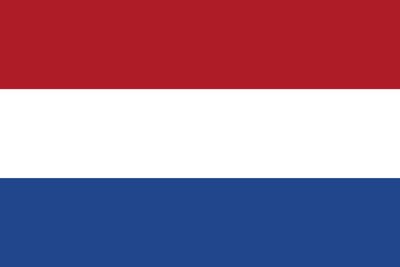 Nederlands
Nederlands
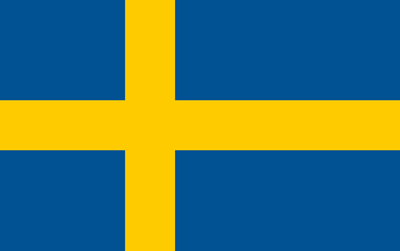 Svenska
Svenska
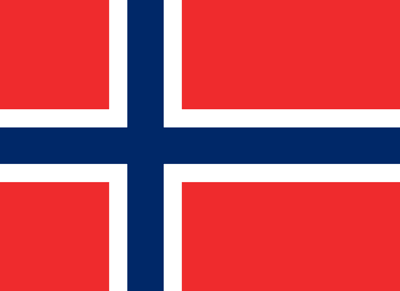 Norsk
Norsk
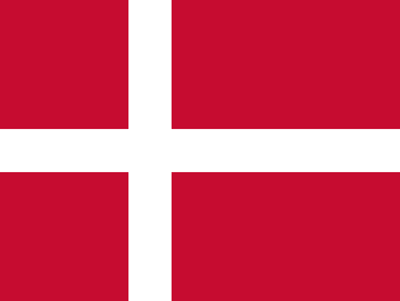 Dansk
Dansk
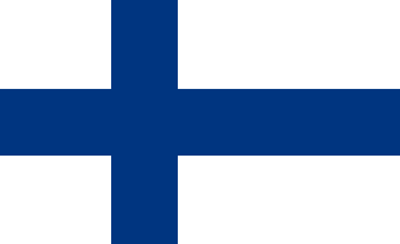 Suomi
Suomi
 Espanol
Espanol
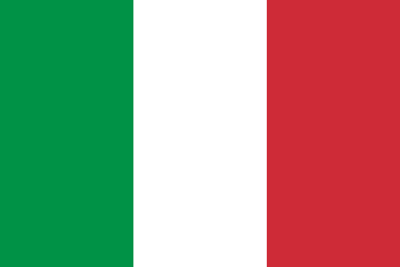 Italiano
Italiano
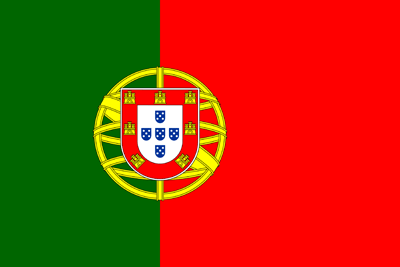 Portugues
Portugues
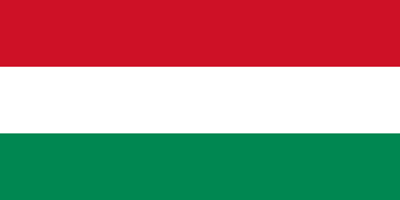 Magyar
Magyar
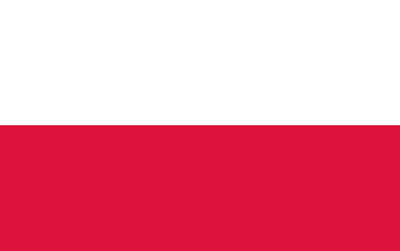 Polski
Polski
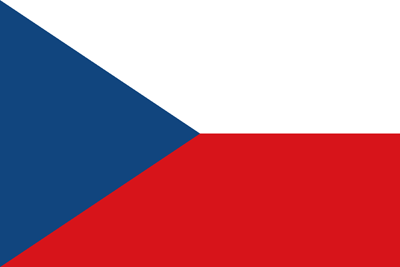 Cestina
Cestina
 Русский
Русский